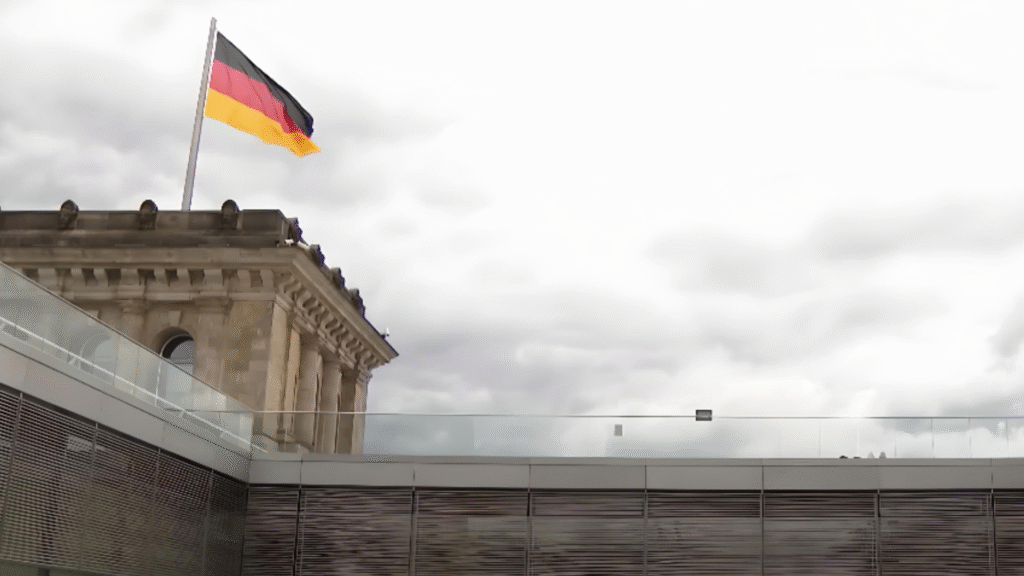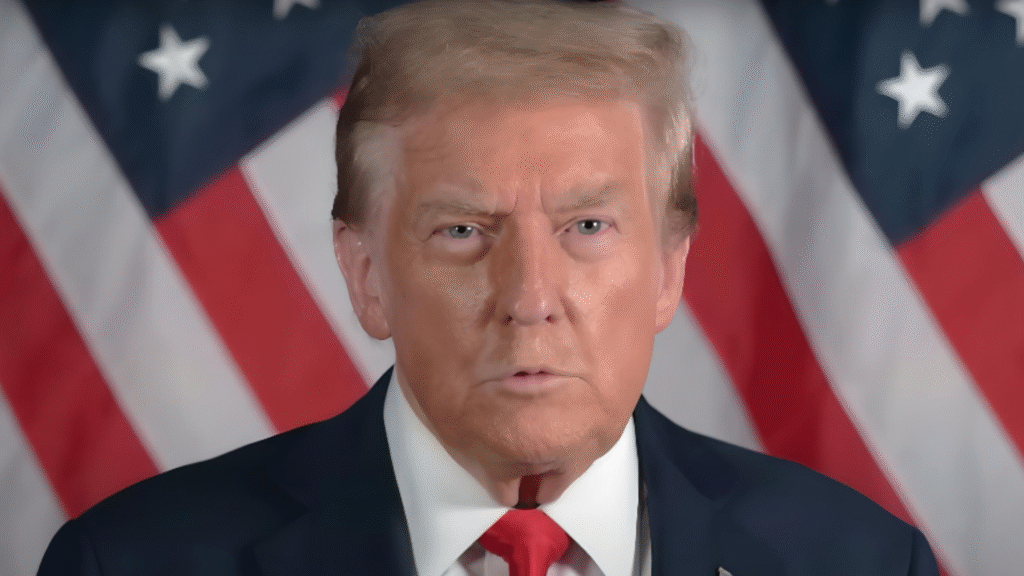Berlin — A bold call to overhaul Germany’s diplomatic landscape has sparked intense debate, as prominent lawmaker Roderich Kiesewetter urged the expulsion of all Russian diplomatic personnel and the closure of associated cultural institutions. The proposal, made in an interview with Handelsblatt on June 2, comes as concerns mount over escalating cyber threats and suspected foreign interference, which German intelligence agencies link to hybrid tactics targeting the nation’s security.
Kiesewetter, a member of the Christian Democratic Union, expressed alarm over the potential dual roles of diplomats still operating in Germany. He singled out cultural hubs, such as the Russian House in Berlin, accusing them of serving as conduits for influence beyond their stated cultural mission. “These institutions are not just about art or language; they’re tools for exerting pressure,” he stated, echoing a growing sentiment among hardline policymakers advocating for a tougher stance.
The remarks follow a recent report from Germany’s Federal Office for the Protection of the Constitution (BfV), which documented a 30% surge in cyberattacks over the past year. High-profile incidents, including those targeting defense giant Rheinmetall, have heightened fears of coordinated efforts blending digital sabotage, disinformation, and covert operations. Authorities view these as part of a broader strategy to undermine critical infrastructure and public trust.
Kiesewetter’s push for sweeping measures aligns with his long-standing advocacy for bolstering national resilience. He argues that open societies must eliminate vulnerabilities that allow covert interference to thrive. “We cannot afford to leave gray zones where influence can masquerade as diplomacy,” he said, framing the issue as a matter of democratic survival.
The Russian House, established decades ago as a symbol of cultural exchange during the waning years of the Cold War, has increasingly become a lightning rod for controversy. Once celebrated as a bridge between nations, it now faces scrutiny as a potential vector for political agendas. While calls to shutter it have surfaced before, the current climate of heightened suspicion lends new urgency to the debate.
Analysts see Kiesewetter’s remarks as part of a broader European reckoning with non-traditional threats. Across the continent, leaders are grappling with how to counter influence operations while preserving the principles of open diplomacy. Yet, more cautious voices warn against overreach, urging a measured approach grounded in legal scrutiny to avoid alienating allies or escalating tensions unnecessarily.
The coming weeks will likely reveal whether these calls translate into concrete policy or serve as a strategic signal in a broader push for deterrence. What remains clear is that the era of predictable diplomatic relations in Europe is giving way to a more guarded and uncertain landscape.



